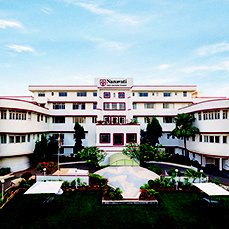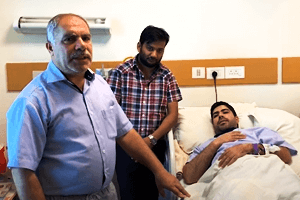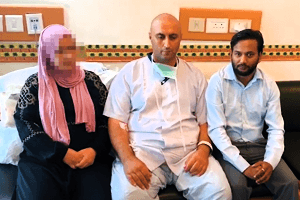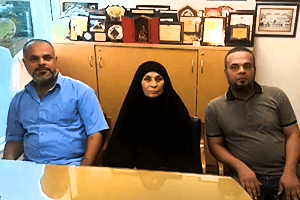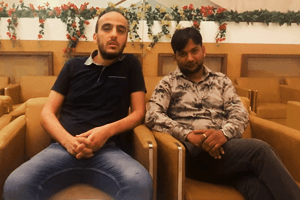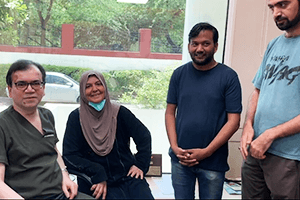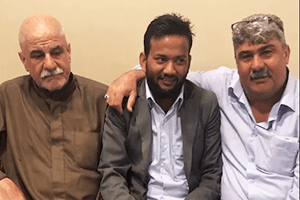All forms of Spinal dysraphism result from early events in an embryo’s development. It occurs when a section of the neural tube that will become the spine and spinal cord does not close completely.
Types of Spinal dysraphism include myelomeningocele (also known as open spina bifida), spina bifida occulta, split cord malformation (diastematomyelia), spinal cord lipoma (lipomyelomeningocele), dermal sinus tract, tight filum terminale, and tethered spinal cord. A person with spinal dysraphism may have more than one type.
Surgical treatment for spinal dysraphism varies by type. However, Spina bifida occulta does not need surgical repair if it causes no symptoms.
Presently, there is no cure for Spinal Dysraphism, but there are several treatments available to help manage the disease and prevent complications.
The average cost of a Spinal dysraphism surgery in India is USD 3,982.








